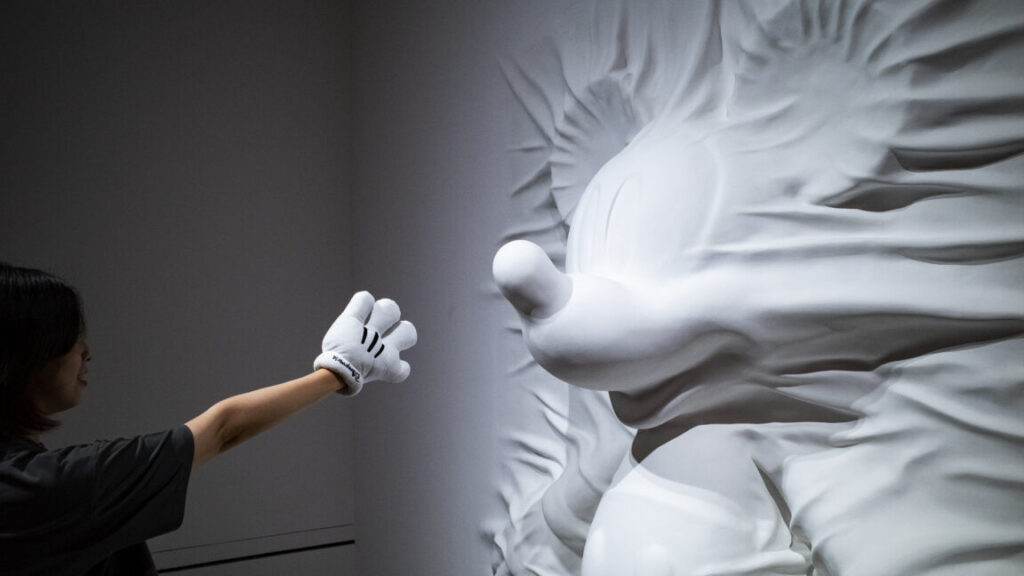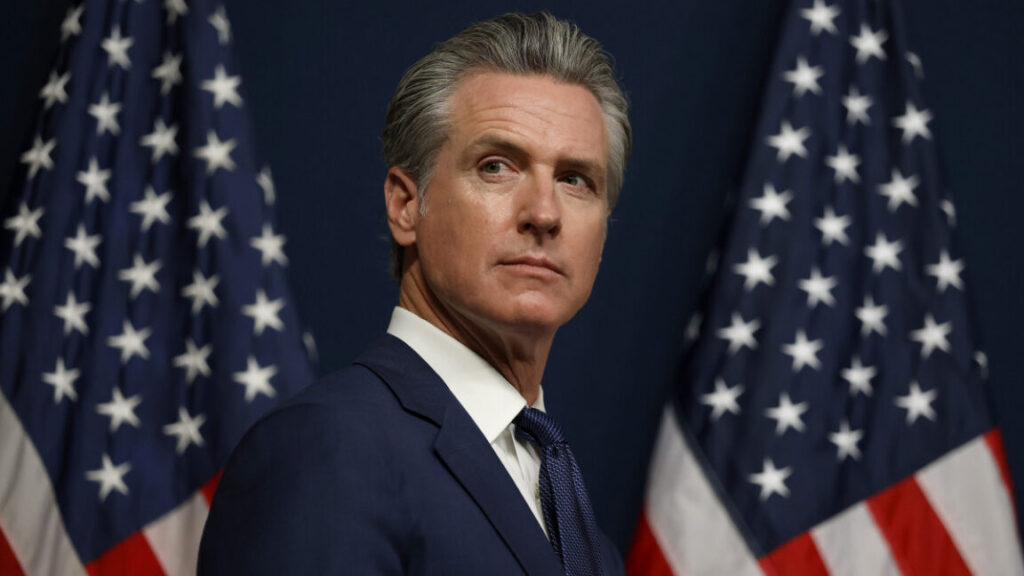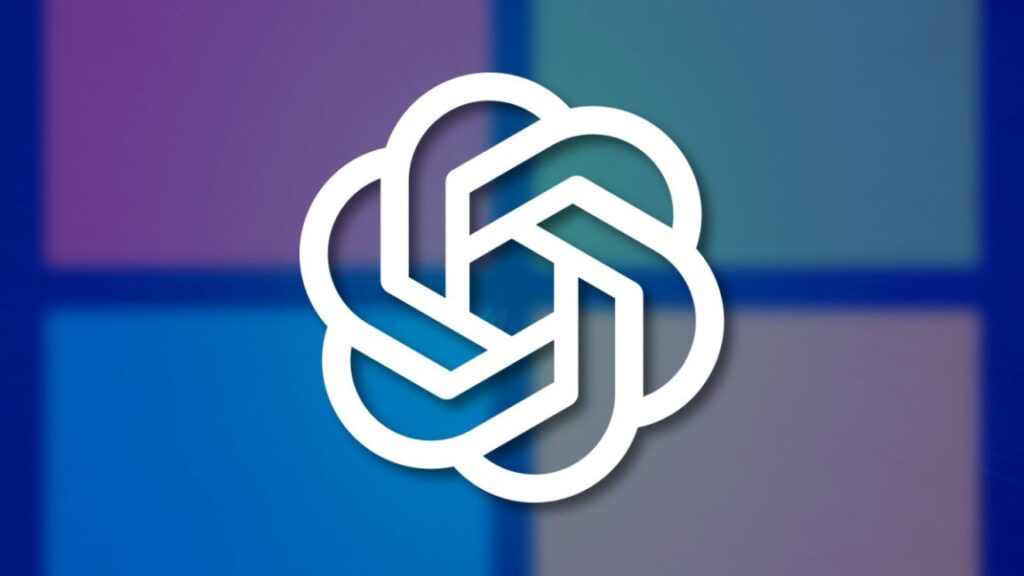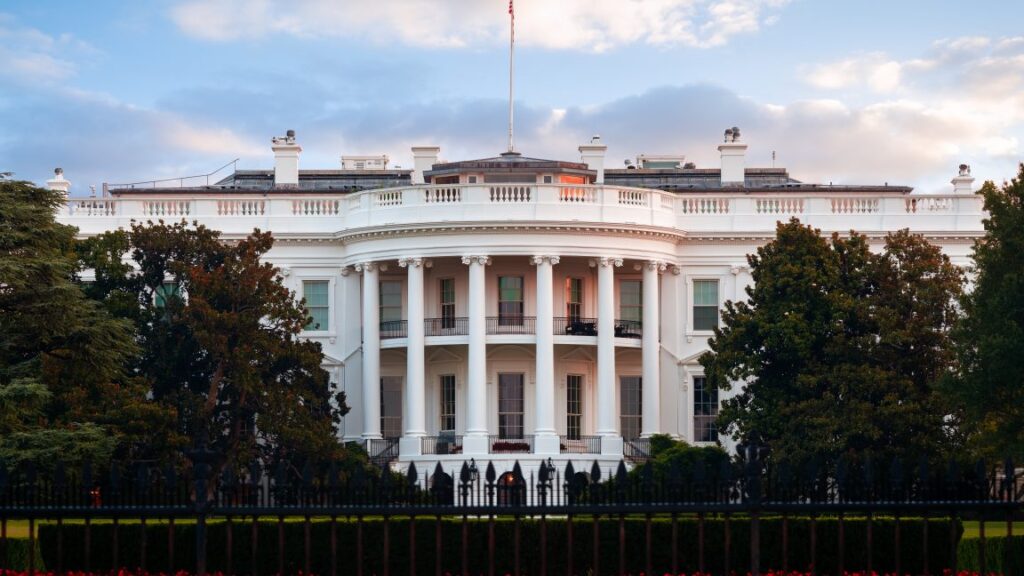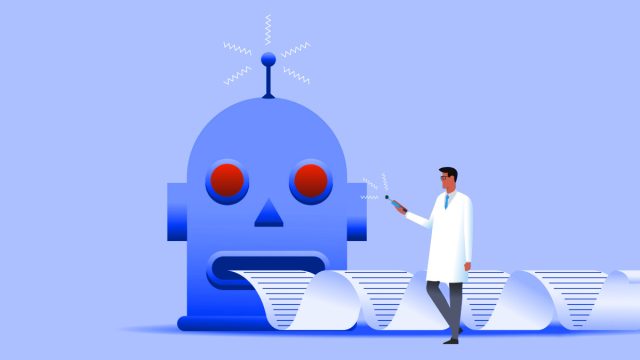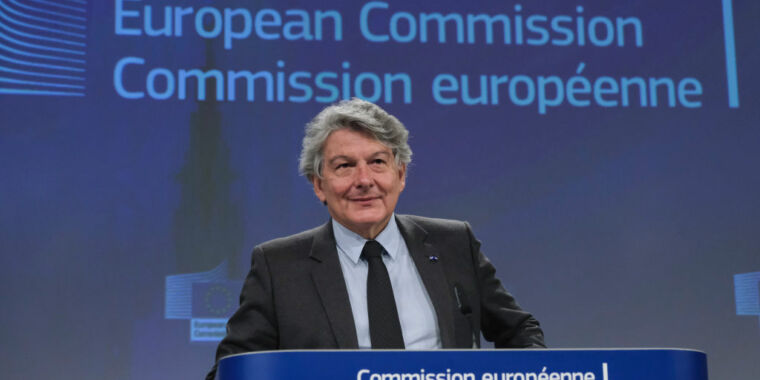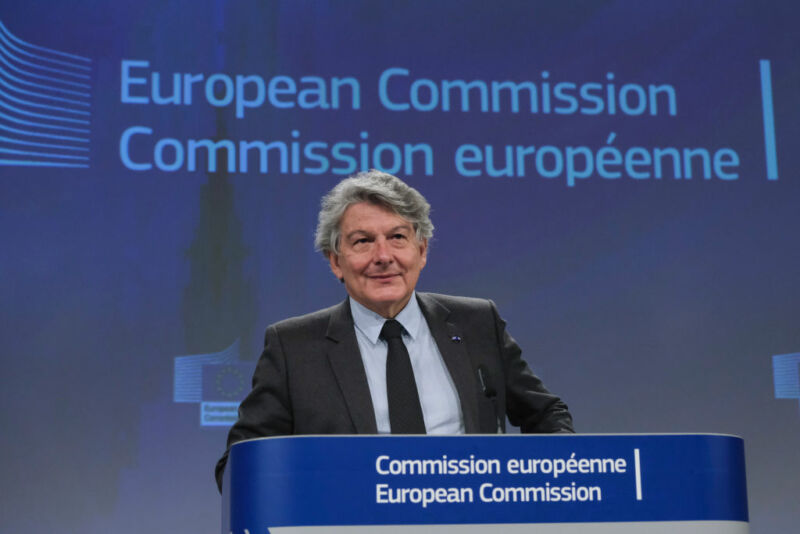Disney invests $1 billion in OpenAI, licenses 200 characters for AI video app Sora

An AI-generated version of OpenAI CEO Sam Altman seen in a still capture from a video generated by Sora 2. Credit: OpenAI
Under the new agreement with Disney, Sora users will be able to generate short videos using characters such as Mickey Mouse, Darth Vader, Iron Man, Simba, and characters from franchises including Frozen, Inside Out, Toy Story, and The Mandalorian, along with costumes, props, vehicles, and environments.
The ChatGPT image generator will also gain official access to the same intellectual property, although that information was trained into these AI models long ago. What’s changing is that OpenAI will allow Disney-related content generated by its AI models to officially pass through its content moderation filters and reach the user, sanctioned by Disney.
On Disney’s end of the deal, the company plans to deploy ChatGPT for its employees and use OpenAI’s technology to build new features for Disney+. A curated selection of fan-made Sora videos will stream on the Disney+ platform starting in early 2026.
The agreement does not include any talent likenesses or voices. Disney and OpenAI said they have committed to “maintaining robust controls to prevent the generation of illegal or harmful content” and to “respect the rights of individuals to appropriately control the use of their voice and likeness.”
OpenAI CEO Sam Altman called the deal a model for collaboration between AI companies and studios. “This agreement shows how AI companies and creative leaders can work together responsibly to promote innovation that benefits society, respect the importance of creativity, and help works reach vast new audiences,” Altman said.
From adversary to partner
Money opens all kinds of doors, and the new partnership represents a dramatic reversal in Disney’s approach to OpenAI from just a few months ago. At that time, Disney and other major studios refused to participate in Sora 2 following its launch on September 30.
Disney invests $1 billion in OpenAI, licenses 200 characters for AI video app Sora Read More »
